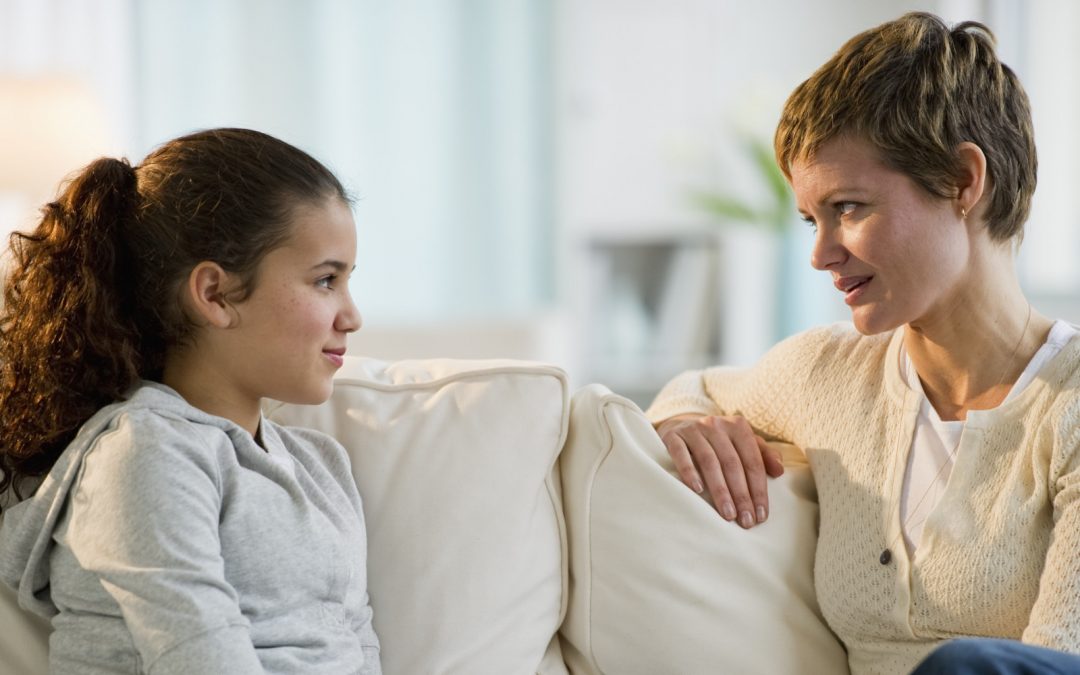By Francis Lora, LCSW-R
Our guest blog is brought to you by Cope With School NYC, a full service child, adolescent and young adult psychotherapy practice on the UWS of Manhattan (and online). Their team of dedicated and seasoned therapists provides individual therapy, parent counseling, group therapy and social skills groups. Cope With School NYC helps students address challenges with school, Attention Deficit Hyperactivity Disorder, learning differences, Autism Spectrum Disorder, bullying, anxiety, depression, loss and social challenges. For more information or to schedule a consultation: www.copewithschoolnyc.com.
Addressing the Anxiety Among Us All:
Current world events including the impact of Covid-19, the many protests against racism and police brutality sparked by the documented murder of George Floyd by a police officer who suffocated him by resting his knee on the victims neck while another 3 police officers looked on; and the looting that is part of the fall out from the circumstances of George Floyd’s death are no doubt giving us all anxiety and pause. Already, in just a few months of 2020, we have lived events tantamount to the 1918 Flu Pandemic, The Great Depression of the 1930s, and the Civil Rights Movement of the 1960s. Never before had we as a society had to endure so much all at once, yet here we are having to navigate the feelings and thoughts, the circumstances and physical realities, and the unexpected casualties and consequences of natural and unnatural (social) forces. Getting through this time would be hard enough for any of us adults, most never having lived through or seen such times, let alone how hard it must be for our children to endure and live through all that we are seeing regardless of their ages. Our children learn how to deal with their feelings and to manage and regulate their emotions through us parents, and we are living in a time when many of us are having a difficult time accomplishing this feat ourselves. So what do we do?
We must engage, comfort and reassure our young people and offer them productive ways to channel their emotions, their anxiety, sorrow, anger and frustration and most of all give them an opportunity to be heard. It is important to remember that although studies show most adults in America are attributing their stress to three things: job loss, bills, and becoming a sudden at-home teacher for their children, children and adolescents are directly impacted by these factor that have turned their lives around. The stressful emotions parents are experiencing can trickle down to our kids in the form of mental health issues, if we are not careful. It is critically important that we talk to our children about the current events impacting all of us. The stress of the coronavirus crisis has already brought a feeling of hopelessness to American life — particularly for adolescents and now the death of George Floyd and the continued violence and protests about racism, hat have spread across the country, the latest example of racial violence and division has not surprisingly resulted in bringing our anger and frustration resulting in the manifestation of aggression in our streets and in our national conversation. But how do we begin to address all of the resulting emotional, physical, and spiritual turmoil?
Don’t avoid talking about it
Pandemics… Racism…Violence- Almost all negative events are like taboo topics and things that we parents are reluctant to address, wanting to protect our children from being frightened or upset. But children can come to harmful conclusions about life when it’s not discussed openly.
Try to be calm and factual
Children take their cues from parents, so talking to them calmly helps them process information. You don’t have to be a robot or anything like that, it is appropriate to have emotional reactions, just try not to let them overwhelm the conversation.
Validate their feelings
Do your best to acknowledge whatever fears, anger, frustration, sorrow or other negative feelings come up for them. This will look different for every child. Your child might be afraid of riots or they might be afraid of being hurt by the police themselves.
Encourage questions
The main source of anxiety is uncertainty; therefore, by being able to identify specific questions and potentially finding answers, we can help reduce anxiety— and don’t worry if you can’t answer them, the very act of being able to ask these questions and name our uncertainty is therapeutic.
Remember that during these times, children are likely to be experiencing worry, anxiety and fear, and this can include the types of fears that are very similar to those experienced by adults, such as a fear of dying, a fear of their relatives dying, or a fear of what it means to receive medical treatment. Since schools have closed as part of necessary measures, then children may no longer have that sense of structure and stimulation that is provided by that environment, and now they have less opportunity to be with their friends and get that social support that is essential for good mental well-being. Therefore, our role as parents and caregivers is crucial during this time.
You may be a little unsure of how to talk to your child about this topic; the thing to remember is that your response should depend on your child’s age and you can be ready by knowing what to expect from your children depending on their age and stage of development:
- Younger children—Many don’t understand the full array of what’s going on. Answer questions on a need-to-know basis. Assure them that you are doing everything possible to keep them safe. Feelings can be explored and expressed through play, drawing/painting, music or other creative outlets.
- Middle-schoolers—They’re going to be asking more questions. They’re more curious and conscious of what is going on.
- High schoolers, older kids, and adolescents—They are going to be asking more questions about the details.
Following a routine can be helpful for all ages.
As a parent, it is important to try to keep routines in the house as best as possible and it is important to acknowledge and recognize that no parent is perfect. We all make mistakes, we all stumble at times, and that’s okay. The important thing is to try.
Make sure your child feels safe in the environment that they are in:
- Reassure your child and your family that right now we’re just trying to keep everyone safe and that as a family we can do activities together.
- Social distancing doesn’t have to equal social isolation; Social distancing is physical distancing!
- Help your child stay connected with their friends and family by communicating through letters, e-mails, phone calls, and other platforms such as FaceTime or Zoom- Be creative about helping to deal with isolation!
- Check in with your child often. Listen without interrupting and communicate as much as possible.
- Think positively. Reframing negative thoughts to be more positive is a common practice in cognitive behavioral therapy (CBT), one of the most evidence-based treatments for anxiety.
You can’t tell a child to stop being anxious, but you can encourage them to tell you about what they’re feeling or thinking by saying something like, “Tell me what you’re thinking,” then, you can help your child figure out if a thought is based in fact or based in what-if thinking. If it’s based in what-if thinking, you can work together to change it to reflect something positive.
Take time to share what you are grateful for during this time or to share what you appreciate about your child.
If you can focus on the positives and encourage positive conversation, moods will eventually change.
Create a safe space at home where a child can go to de-escalate.
If you can practice things like deep breathing, or counting down from 100, de-escalating a little bit and noticing something that you see, something you can touch and smell — these grounding techniques that can help with anxiety as well.
Focus on what you can control like drawing a picture, writing a letter to a teacher, or creating daily tasks.
Schools were a form of routine for kids so crafting a new routine for your child can create a sense of normalcy:
To help anxiety, to reinstate things that we already know such as a structured schedule, it gives the child something to look forward to and it creates a sense of stability in a world right now that seems unstable.
Parents need to cut themselves some slack:
Your child’s schedule doesn’t have to be perfect nor should you feel pressured to be 100% productive every day. Give yourself a break. This is a really tough time and parents have a lot of responsibility right now: We are working from home ourselves and are playing schoolteacher and trying to manage the dynamics of our family so we should really give ourselves a little bit of a breather and know that it’s OK to feel stressed.
If your child’s anxiety persists and starts to become debilitating, it may be helpful to consult a mental health professional. Signs your child may benefit from professional help include not being able to accomplish everyday tasks, not wanting to participate in activities they used to enjoy or not sleeping well which can affect their energy and appetite.
The
Centers for Disease Control and Prevention also offers some guidelines on coping with stress and anxiety for all ages. But before worrying about it, remember it’s normal and OK to feel this way — especially when isolated at home. Just keep in mind that with both kids and teens having to stay at home for weeks and months to come, they are at very high risk for some anxiety issues if left unchecked by their parents.
The reality is, social distancing is essentially asking us all to do a symptom of depression. A symptom of depression is isolation, so since we’re all doing that, it’s really hard. And we really have to make an effort to connect virtually.
What does anxiety even look like?
While it varies with age, but it could be any of the following:
In the end, the key takeaway is that to ensure our well-being and that of our children, we all need to have a conversation with our kids now regardless of how difficult the topic. Remember, you are not alone. If the difficulties persist, seeking out professional help can be a great support for the family.
To schedule a consultation: Click Here
To find out more about our customized fitness programs, contact Bonita at Bonita@EnergeticJuniors.com, or call 212-879-1566.

